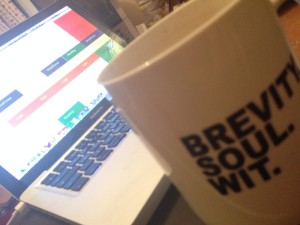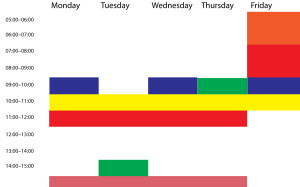…well, you're going to go spare with confusion and the effort you put into managing it all will be achievable but wasted. I'm all for To Do lists but I want to spend the least time on the list and the most time doing the things I have to do. Email just doesn't cut it – but many people disagree and one group of them has also done something about it. Mindsense has released a Mac version of its iOS app Mail Pilot.
You read your email through it as normal but then mark it as if it is a task. So a previously-accused Email To Do-Er would read a message, see that the sender needed them to do a thing, and then they'd mark it as unread. Now in Mail Pilot, you instead have the option to mark something as Incomplete. Later, when you've finally remembered to do the thing buried deep down in last Tuesday's email – and checked that it only needed you to do one thing, not a dozen – you can mark it as Complete.
I sound like I'm knocking Mindsense and their new software but if I worked this way, I would use Mail Pilot. It has quick keystrokes for marking things up, it can set various reminders for you to alleviate the Last Tuesday Syndrome, it's been working popularly on iOS for some time.
I just think it's Occam's Razor: do you use a stylish-looking, well-made app to try managing your email To Do list or do you stuff email and do this properly in a real To Do task manager?
Mail Pilot is on sale for an intro price of US$9.99

